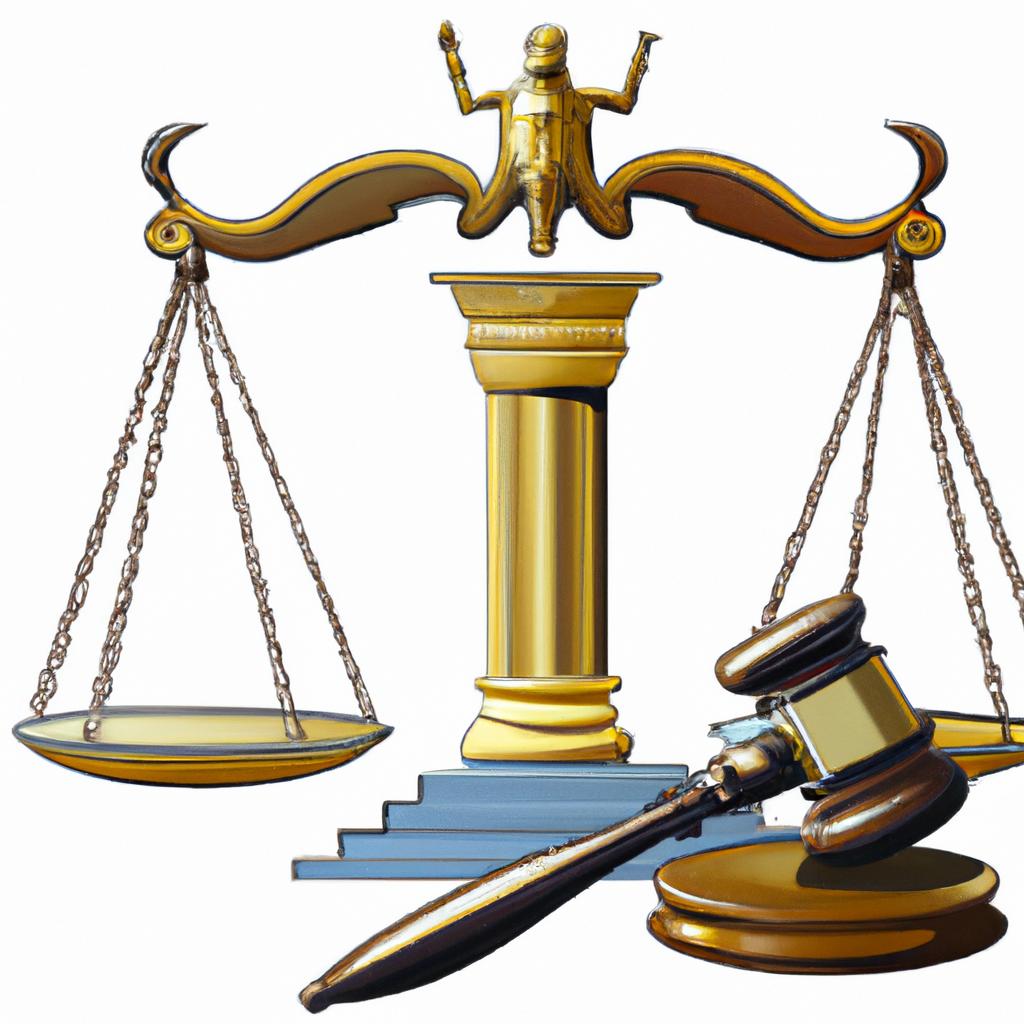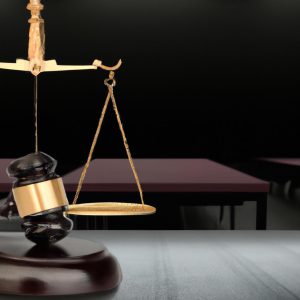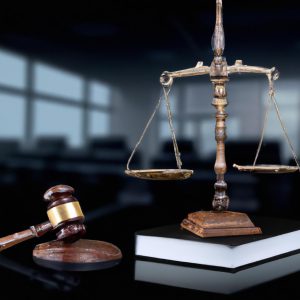In the intricate web of estate administration and legal complexities, the term “letter of probate” emerges as a critical linchpin. As seasoned practitioners in the field of estate planning and probate, we at Morgan Legal Group understand the significance of unraveling the enigma surrounding this seemingly straightforward document. In this article, we delve deep into the essence and implications of the letter of probate, shedding light on its meaning and essential role in the realm of estate settlement. Join us as we navigate through the nuances of this vital legal instrument, demystifying its purpose and importance in the intricate tapestry of probate proceedings.
Understanding the Definition of a Letter of Probate
A letter of probate is a legal document issued by a court that officially recognizes and validates the last will and testament of a deceased individual. This document allows the executor named in the will to carry out the deceased’s wishes and distribute assets according to the instructions outlined in the will.
It is important to note that a letter of probate is not always required, as the need for probate is determined by the laws of the state in which the deceased resided. However, in cases where probate is necessary, having a letter of probate is crucial for ensuring that the deceased’s estate is properly administered and that assets are distributed in accordance with the law. This document serves as proof that the executor has the legal authority to act on behalf of the deceased’s estate.
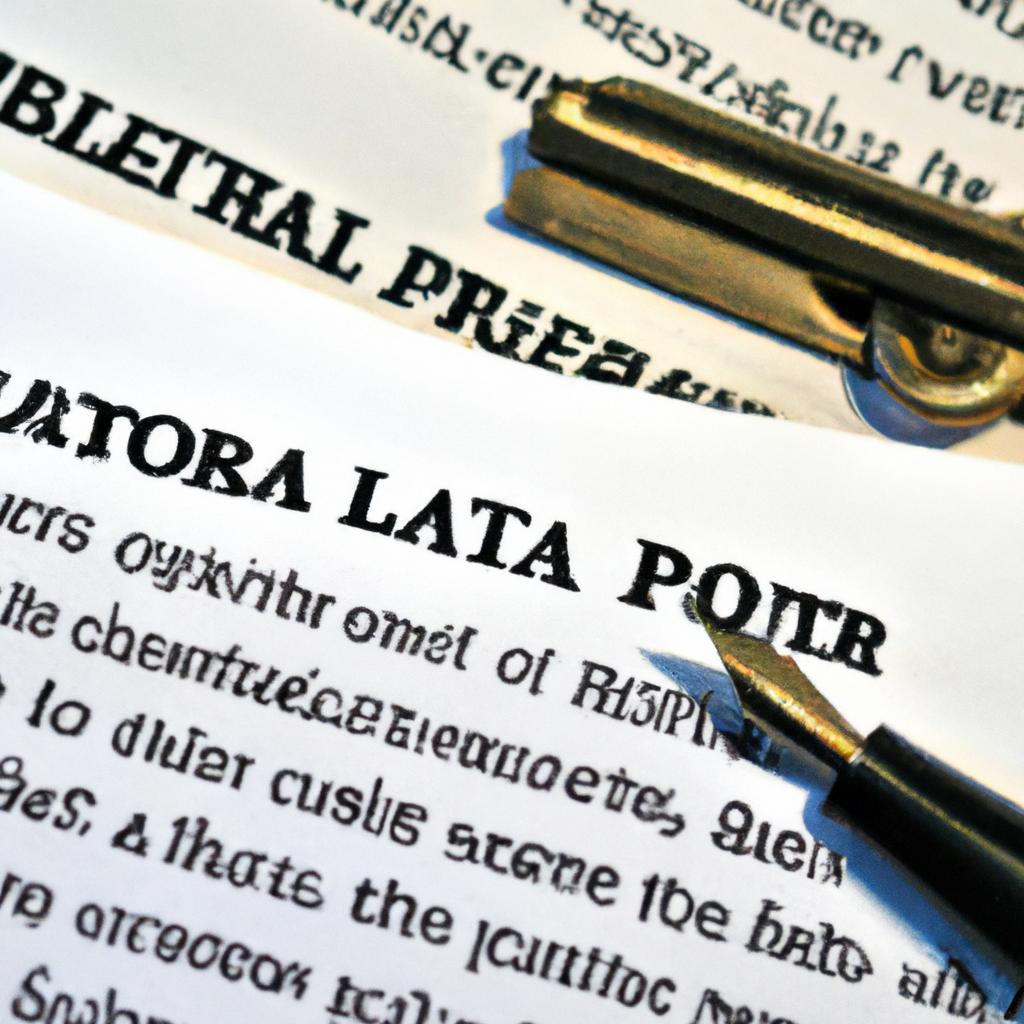
Key Components and Legal Significance of a Letter of Probate
When it comes to understanding the significance of a letter of probate, it is essential to grasp the key components that make up this legal document. A letter of probate serves as proof that the court has recognized a specific individual as the executor of a deceased person’s estate. This crucial document grants the executor the authority to carry out the deceased person’s final wishes as outlined in their will.
Some of the key components of a letter of probate include the following:
- Executor’s Name: Clearly identify the individual appointed as the executor of the estate.
- Estate Information: Provide details about the deceased person’s estate, including assets and liabilities.
- Legal Authority: Specify the legal authority granted to the executor to manage the estate.

Guidelines for Obtaining and Utilizing a Letter of Probate
When navigating the complex process of obtaining and utilizing a Letter of Probate, it is essential to adhere to certain guidelines to ensure a smooth and efficient process. A Letter of Probate is a legal document issued by the court that grants an executor the authority to administer the estate of a deceased individual. Here are some key guidelines to keep in mind:
- Consult with a Probate Attorney: Before taking any steps towards obtaining a Letter of Probate, it is highly recommended to consult with a skilled probate attorney who can provide guidance and assistance throughout the process.
- Collect Necessary Documents: To apply for a Letter of Probate, you will need to gather essential documents such as the deceased individual’s Will, death certificate, and any other relevant paperwork. Organizing these documents in advance can help streamline the process.
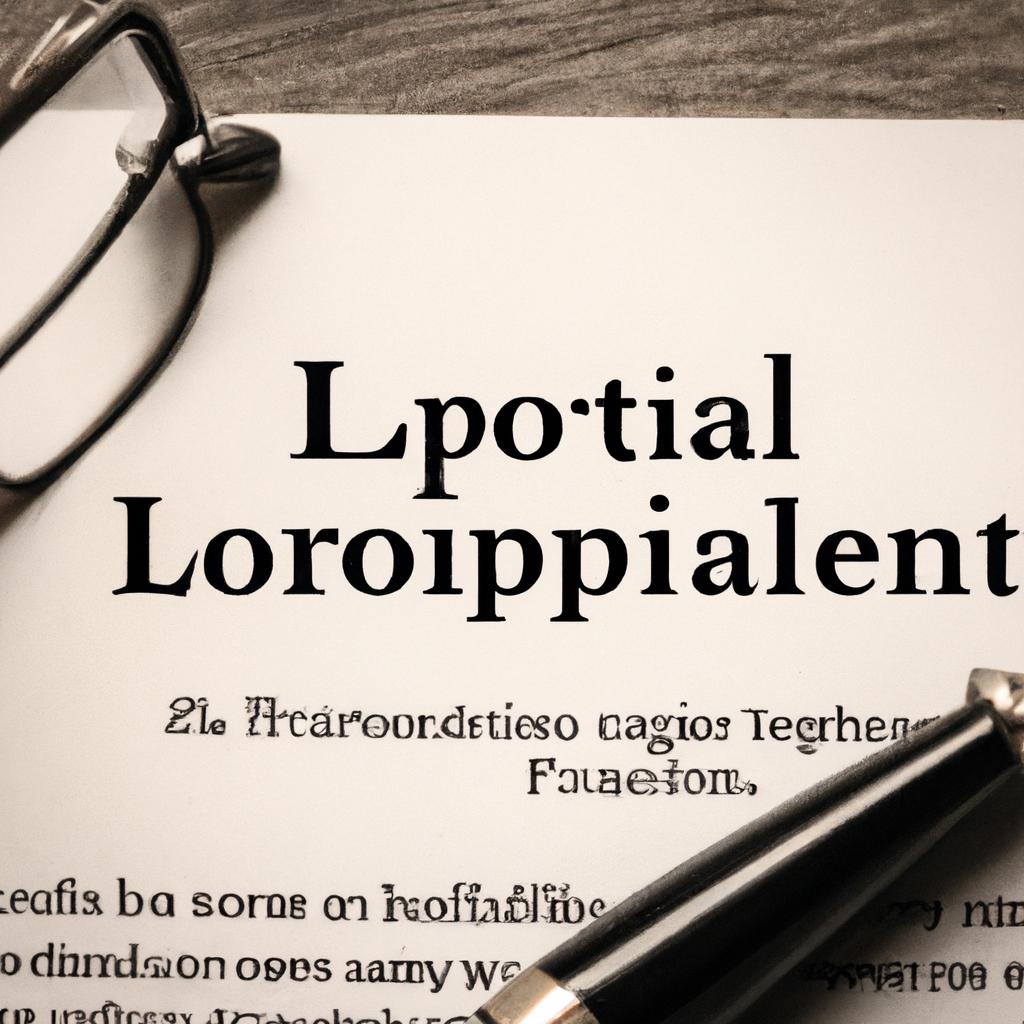
Importance of Legal Counsel in the Probate Process
When navigating the probate process, having the guidance of a skilled legal counsel is essential. A letter of probate, also known as a grant of probate, is a legal document issued by the court that gives an executor the authority to handle the deceased individual’s estate. This document is crucial in ensuring that the executor can carry out their duties in accordance with the law.
Legal counsel can provide invaluable assistance in obtaining and understanding the letter of probate. They can help the executor navigate the complexities of the probate process, ensuring that all necessary steps are taken and deadlines are met. With their expertise, legal counsel can help minimize the risk of disputes and ensure that the estate is distributed in accordance with the deceased individual’s wishes and the law.
Q&A
Q: What is a letter of probate and why is it important?
A: A letter of probate is a legal document issued by a court that confirms the validity of a deceased person’s will and appoints an executor to carry out their final wishes. It is important because it provides the executor with the authority to manage the deceased person’s estate and distribute their assets according to the terms of the will.
Q: How is a letter of probate obtained?
A: In order to obtain a letter of probate, the executor must file a petition with the appropriate court and provide evidence that the deceased person’s will is valid. This may include presenting the original will, as well as any necessary legal documentation.
Q: What happens if there is no will?
A: If a person dies without a will (intestate), the court will appoint an administrator to handle the deceased person’s estate in accordance with state laws. In this case, a letter of probate is still necessary to officially establish the authority of the administrator.
Q: Can a letter of probate be challenged?
A: Yes, a letter of probate can be challenged in court, typically by those who feel they have been unfairly left out of the deceased person’s will or who believe the will is invalid. In such cases, a legal battle may ensue to determine the rightful distribution of the estate.
Q: How long does it take to obtain a letter of probate?
A: The timeline for obtaining a letter of probate can vary depending on factors such as the complexity of the estate, any challenges to the will, and the efficiency of the court system. In general, the process can take several months to complete.
Wrapping Up
In conclusion, understanding the meaning of a letter of probate is crucial for navigating the complex process of settling a deceased individual’s estate. By gaining a clearer insight into its significance and implications, you can ensure that the wishes of the deceased are carried out effectively and efficiently. Remember, seeking professional guidance and legal advice is always recommended when dealing with matters of probate. We hope this article has shed light on this important aspect of estate administration. Thank you for reading!
 A letter of probate is an official document that is issued by a court to confirm the validity of a will and the appointment of an executor to manage the deceased person’s estate. It serves as a legal document that gives the executor the authority to carry out the instructions mentioned in the will. This letter of probate is essential for the distribution of assets and properties to the beneficiaries mentioned in the will. In this article, we will explore the meaning, process, and importance of a letter of probate.
A letter of probate is an official document that is issued by a court to confirm the validity of a will and the appointment of an executor to manage the deceased person’s estate. It serves as a legal document that gives the executor the authority to carry out the instructions mentioned in the will. This letter of probate is essential for the distribution of assets and properties to the beneficiaries mentioned in the will. In this article, we will explore the meaning, process, and importance of a letter of probate.
What is Probate?
Before diving into the details of a letter of probate, it is important to understand what probate is. Probate is the legal process of settling a deceased person’s estate. It includes validating a will, inventorying and appraising the deceased person’s assets and properties, paying off any debts and taxes, and distributing the remaining assets to the beneficiaries mentioned in the will. The court oversees this process to ensure that the deceased’s wishes are carried out correctly and that all debts and taxes are paid off.
What is a Letter of Probate?
A letter of probate, also known as letters testamentary or letters of administration, is a legal document issued by the court to the executor named in the will. This letter serves as proof of the executor’s authority to manage and distribute the deceased person’s estate. It gives the executor legal permission to act on behalf of the deceased person and carry out the instructions mentioned in the will. This letter is usually issued after the court has validated the will and determined that it is genuine.
The Process of Obtaining a Letter of Probate
The process of obtaining a letter of probate may vary depending on the state or country in which the deceased person lived. Generally, the following steps are involved in the process.
1. Filing a Petition with the Court
The first step is to file a petition with the court in the county where the deceased person resided. The petition must include the original will and a death certificate. If the will is not notarized, two witnesses must attest that the will is authentic. The court will then verify the will’s validity and ensure that it meets all the legal requirements.
2. Appointment of an Executor
If the court approves the will, an executor will be named. An executor is the person responsible for managing the deceased person’s estate. If the will does not name an executor, the court will appoint someone to fulfill this role.
3. Publication of Notice
After the appointment of an executor, the court will publish a notice in a local newspaper to inform potential creditors of the deceased person’s passing. This notice also gives them a chance to make any claims against the estate.
4. Inventory and Appraisal
The executor is then responsible for taking inventory of the deceased person’s assets and properties and having them appraised by a professional. This step is crucial, as it determines the value of the estate and determines how much tax is owed.
5. Payment of Debts and Taxes
Before any assets can be distributed, the executor must pay off any outstanding debts and taxes owed by the deceased. These may include medical bills, loans, and income and estate taxes.
6. Distribution of Assets
Once all debts and taxes are paid off, the executor can distribute the remaining assets to the beneficiaries mentioned in the will. These can include family members, friends, or charitable organizations.
The Importance of a Letter of Probate
A letter of probate is essential for the proper and legal distribution of a deceased person’s assets. It serves as proof that the will is valid and that the executor has the authority to manage the estate. It also protects the deceased person’s wishes and ensures that their assets are distributed according to their instructions.
Additionally, the letter of probate helps creditors and beneficiaries understand the assets and liabilities of the estate. This information is important in case any disputes arise during the probate process. The letter of probate also helps in the protection of the executor from any legal action that may be taken by creditors or beneficiaries.
Furthermore, without a letter of probate, the distribution of assets may be delayed, causing financial and emotional distress to the beneficiaries. It also leaves room for potential disputes and legal challenges, which can be costly and time-consuming. Therefore, obtaining a letter of probate is crucial in ensuring a smooth and efficient transfer of assets to the intended beneficiaries.
In Conclusion
A letter of probate is an important legal document that serves as proof of the validity of a will and the appointment of an executor. It plays a significant role in the distribution of assets and properties to the beneficiaries mentioned in the will. The process of obtaining a letter of probate may vary depending on the state or country, but it typically involves filing a petition with the court, appointing an executor, inventorying and appraising assets, and paying off debts and taxes. It is important to understand the meaning and importance of a letter of probate to ensure a smooth and efficient probate process.

